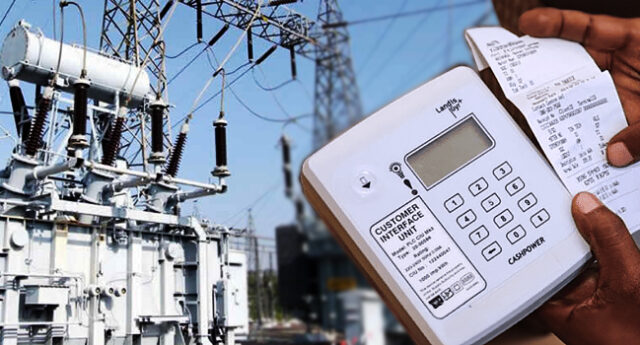The Special Adviser to the President on Energy, Olu Verheijen announces their intention to increase the Electricity Tariff plan in the coming months.
This, he declared during an interview at the conference organized by the World Bank at Dar es Saleem, Tanzania, on Sunday, 2nd February 2025. It was in response to the $32 billion plan, they presented to improve electricity connection in the country,
Increasing the tariff plan is the only possible way to meet up with the $15.5 billion part of the budget that is expected to come from the private sectors.
“The Nigerian power prices need to rise by two-thirds for many customers to reflect the cost of supplying it,” says the adviser.
“It’s the only way we can fund the maintenance required to attain the reliability that can attract private investors for the project. So that in the end, we can achieve a cost-efficient yet cost-reflective tariff plan,” the adviser continued.
- Boko Haram IED Explosion on Borno Road Kills Eight, Wounds Others
- EFCC Opens Probe of 24 Nigerian Young Men Detained in Ghana over Suspected Cybercrimes
- Former CBN Governor Emefiele Attempts To Regain Forfeited Abuja Estate; Court Dismisses the Attempt
- King Sunny Ade’s House Divided as Daughter Alleges he has Been Kidnapped; Other Family Members Deny Claim
- You Can Gather All Governors But If Nigerians Reject You, it is Over — El-Rufai Tells Tinubu
- Woman Leaves Husband after Falling in Love with ChatGPT
After the privatization of power supply in 2013, the new prices designated by the government Nigerian electricity regulatory cost left the industry at a loss.
It couldn’t compensate for the supply cost, talk more of making a profit.
To buttress down on the issue, Verheijen reminded the media of how much the power system needs serious investment. The country has just 14 gigawatts of power installed, yet only 8gigawatts can be transmitted to the masses due to inefficiency.
According to her “Our goal is to be a $1 trillion economy in 5 years and an upper middle-income country in 25 years”
Currently, AG Siemens is collaborating with the government on a 2.3 billion dollar project to enhance electricity transmission and distribution. In addition, over 7 million Nigerians in the rural areas have access to electric power supply via a decentralized renewable project.
The energy policies in the country should equally reflect these ambitions if we must achieve progress and the reason for our decision.
The current economy with less than $200 billion in GDP will only nip this goal in the bud, unfortunately.
The question is, how will Nigerians react to this, being that the tariff was augmented by 300% less than a year ago amid the general inflation?












